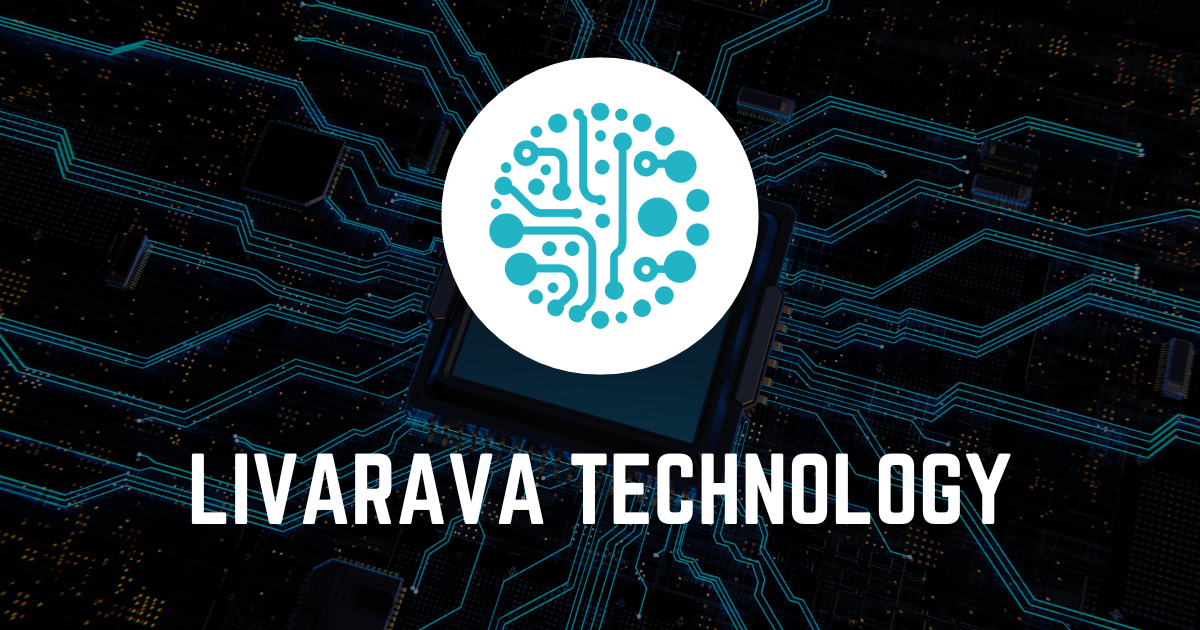Exploring the Implications of Genome Editing for Space Travel

Introduction
The rapid advancement of genome editing technology is reshaping the future of space exploration. A NASA doctor provides fascinating insights into the potential for genetically edited astronauts in our quest to colonize Mars.
The Role of Human Genome
- Human genome modifications could enhance health and performance.
- Genomic advancements are essential for overcoming space travel challenges.
- Potential improvements in resistance to microgravity effects.
The Future of Space Exploration
As we aim for Mars, the implications of genome editing could revolutionize our understanding of what it means to be an astronaut.
Conclusion
The biological space race is not just about technology, but about rethinking human potential in extreme environments. As we consider sending genetically enhanced humans to Mars, we stand on the brink of a new era in exploration.
This article was prepared using information from open sources in accordance with the principles of Ethical Policy. The editorial team is not responsible for absolute accuracy, as it relies on data from the sources referenced.